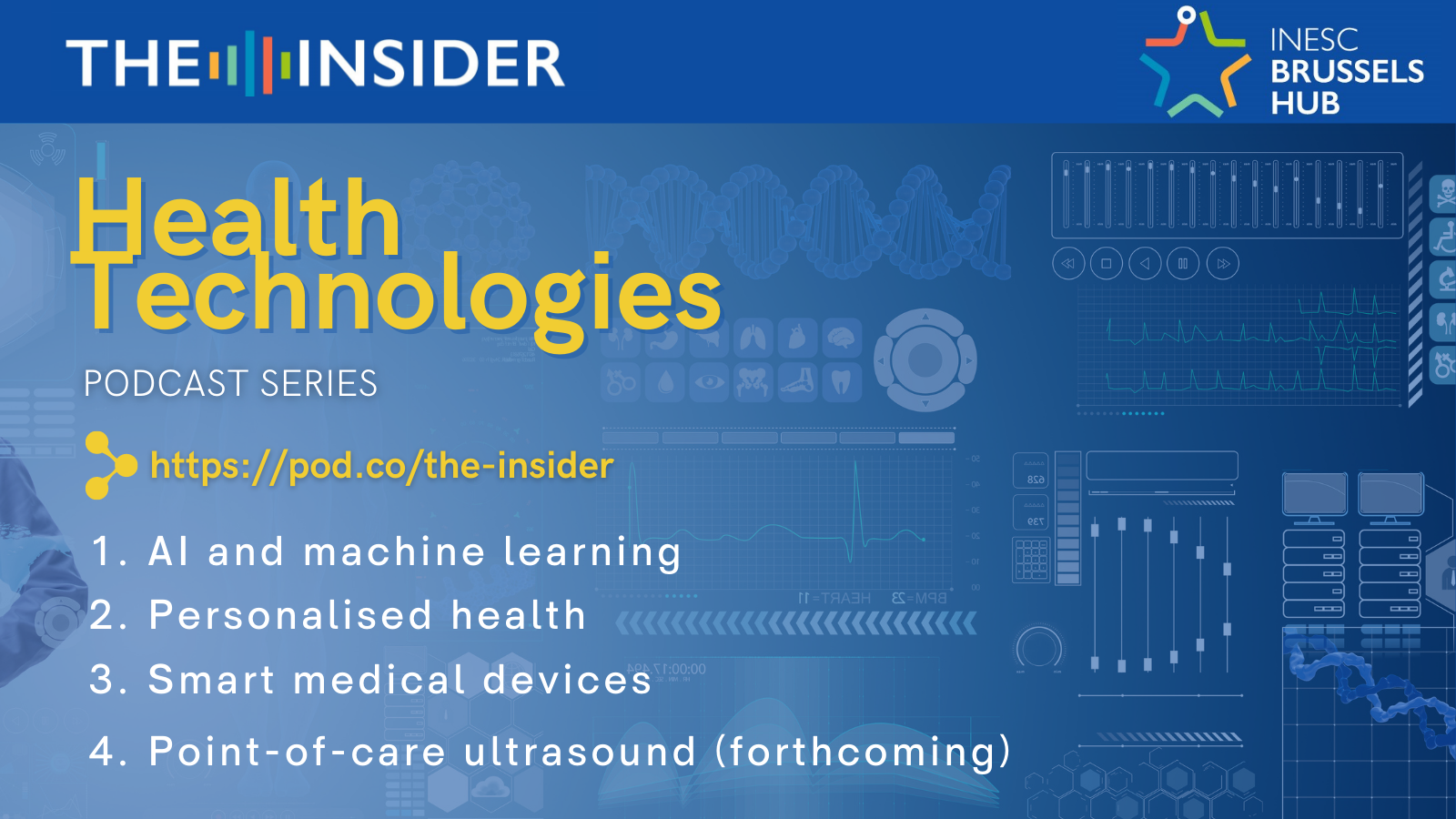Technology and data to play pivotal role in improving prevention, diagnostics and treatment

The number of cancer patients worldwide is rising at an unprecedent rate. In Europe there are worrying inequalities in cancer control and care within EU Member States, as well as across the EU. Having established cancer as a priority societal challenge, the European Commission is aiming to save three million lives by 2030.
The EU is right to take a continent-wide approach, as the ultimate success of its Cancer Mission will depend on harnessing extensive data to improve prevention, diagnostics and treatment. However, the use of data in this context does raise concerns related to ethics, fairness and explainability that can only be properly addressed from an interdisciplinary point of view. Given the high death toll from cancer, there is an urgent need for research and innovation to better validate the use of data by health technologies and deliver concrete results faster.
Science, technology and data are key enablers to better understand and prevent disease, optimise diagnosis and treatment, ensure equitable access to healthcare, and improve quality of life. INESC has designed a roadmap that is totally aligned with the EU Cancer Mission. It calls for the best possible use of existing and future available data, considering all the stages in the data lifecycle: generation/acquisition and collection, storage, interaction, visualisation, processing, archival/distribution and repurposing.
At the forefront of health technologies research, INESC is developing different projects under three major dimensions – prevention, diagnostics and treatment (see the diagram for a representative set). Effectively addressing the challenges related to these three dimensions will naturally prompt important achievements in other dimensions.
 Representative projects of INESC under the key dimensions of cancer research.
Representative projects of INESC under the key dimensions of cancer research.
Prevention – understanding the causes of cancer
Proper use of data is crucial to discover the causal relationships between lifestyle, environment, genetic background and the prevalence of cancer, along with increased knowledge about the molecular biological basis of cancer. Data can be used to create individual risk models that can better support the definition of screening programmes. However, the use of large scale and geographically distributed longitudinal data brings specific challenges, regarding data collection and use. In particular, individual risk models should not be misused, harming those that the models should benefit.
Diagnostic – time to get personal
Although screening programmes targeting the population in general, or special age or gender-related groups, are very important for early diagnosis of cancer, each individual has a specific context that can justify personalised and specific diagnostic and treatment pathways. In particular, sensors and personal devices, which enable real-time and continuous data acquisition in a non-invasive manner, are set to transform classical cancer diagnosis into entirely new prognosis approaches.
Data analysis can lead to the design of diagnostic tools that integrate information from different sources (medical images, pathophysiology, biopsies and biomarkers), while explicitly taking into account other external factors (such as lifestyle and environmental exposure to other risks). Data analysis can also help avoid the overuse or underuse of diagnostic procedures and interventions, contributing to better patient outcomes and individual well-being.
Treatment – discovering new options
A cancer patient is usually treated using a combined, and sometimes concomitant, set of treatment options (surgery, chemotherapy, radiotherapy, immunotherapy, to name a few). Health technologies are leading the way in the discovery of new treatment approaches (nanotechnology-based solutions for drug delivery, for instance) as well as making the most out of existing technologies.
Data models can help determine the best treatment choices for each patient in the course of the disease, forecasting the probability of disease control and side effects and supporting the decision-making process by analysing the existing trade-offs. One of the main challenges is analysing how to treat rare cancers, for which it will be difficult to find large datasets. In this regard, the establishment of global research networks is crucial, as well as investing in the development of algorithms that are effective with small datasets.
The challenges – explainability and equitable access
Structuring the backbone of the research roadmap into these three main pillars will allow concrete research initiatives to be pursued, which will also tackle other transversal challenges and achieve global objectives. One challenge that is inherently present in these three pillars is explainability. Health technologies need to be understandable from the point of view of different stakeholders. Health technologies are also obliged to ensure that the patient can be at the centre of the decision-making process, as defined in The European Cancer Patient’s Bill of Rights.
At the same time, it is important to ensure equitable access globally to both diagnostics and treatment. Digitisation is making it feasible to provide remote education and remote diagnosis and treatment almost anywhere, which is especially important if there are no trained professionals in the locality.
Historically, the most important breakthroughs in cancer prevention, diagnostic and treatment might have been expected to originate in the medicine and biology scientific fields. Today, these breakthroughs will only be possible through an interdisciplinary approach and collaboration. A key enabler of such interaction, health technologies will be crucial to guarantee that more cancer cases are cured or become a manageable chronic disease.
INESC plans to pursue the development of health technologies towards societal impact at all levels of the health value chain, supported by the Horizon Europe Framework program.
To know more about the INESC institutes visit the website of the INESC Brussels HUB
Check the INESC Brussels HUB Podcast mini-series on Health Technologies, with the participation of some of the best minds in health research and innovation in the world! Check it out here (also available on Spotify, Apple Podcasts, Google Podcasts and all other major platforms)






 A unique international forum for public research organisations and companies to connect their external engagement with strategic interests around their R&D system.
A unique international forum for public research organisations and companies to connect their external engagement with strategic interests around their R&D system.